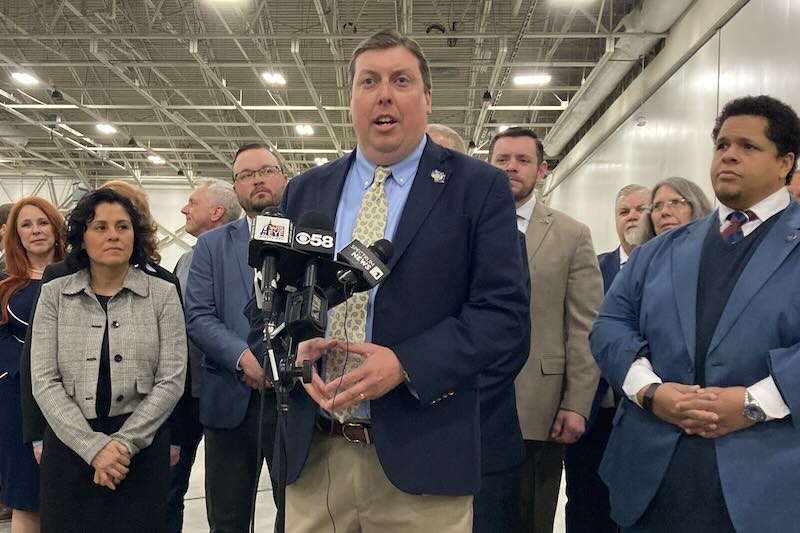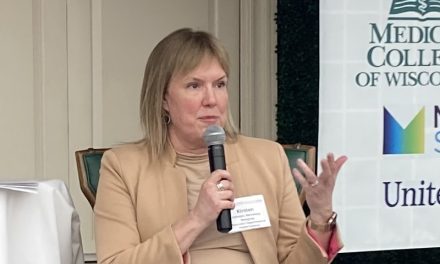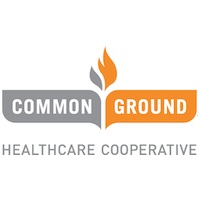
Caregivers, providers urge legislators to protect Medicaid

Medicaid caregivers, providers and members urged state legislators to protect the safety-net program at a Friday public hearing in West Allis on the state’s next biennial budget, as federal lawmakers consider potential cuts.
Wisconsin Medicaid needs an estimated $1.6 billion more in state spending to fully fund its operations the 2025-27 biennium, and there have been bipartisan calls to increase provider rates. In February, the House passed a budget resolution directing a committee that oversees Medicaid and other programs to find at least $880 billion in savings over the next decade to help fund President Donald Trump’s tax cut, border and energy agenda.
On Saturday, the Senate approved its budget plan, rejecting an amendment that would have cut the instruction to the House committee to find spending reductions, but approving a change saying lawmakers will protect Medicare and Medicaid, reports The New York Times. Approving the resolution is a step toward drafting actual legislation on spending.
Julie Burish, a Brookfield resident, said her adult daughter with disabilities receives Medicaid healthcare and long-term care through the IRIS program, which allows members to self-direct their care.
She urged state lawmakers to advocate against federal cuts to Medicaid, given how they could impact people with disabilities, their caregivers, their families and the economy.
“Make no mistake: Medicaid is an economic driver and engine in our state,” she said. “The cuts will devastate people’s lives.”
Susan Baran, a Milwaukee resident, asked lawmakers to continue funding IRIS and Family Care, a Medicaid long-term care program. Baran is a caretaker for a person who, shortly before his retirement, had an accident that left him with permanent cognitive and physical disabilities.
She said that Family Care keeps the man out of an expensive nursing home, providing him a higher quality of life and saving the state from footing a costly bill.
“As the expected federal Medicaid cuts hit Wisconsin, if you stop funding or cut funding for Family Care or IRIS, you’ve made the problem worse, not better,” she said.
Lyn Ure is the co-guardian and mother of an adult with autism and communication disorder who lives in Twin Lakes. Ure said Medicaid is the primary funding source for long-term care programs that help people participate and contribute to the community.
“These programs are a lifeline for aging and working parents,” she said. “Please advocate and stand up to keep the Medicaid waiver funding at the current level, so when aging guardians can no longer provide or are no longer here, they can go in peace knowing their children will continue to be protected.”
Lawrence Brown, of South Milwaukee, uses Medicaid and has concerns about the potential cuts.
“People with disabilities are currently underserved,” he said. “We need anything and everything we can get for as long as we can get it to stay a viable part of the society in which we live and contribute to the economy.”
Ursula Flores, director of home care and community-based services at the Centers for Independence in Milwaukee, warned that reducing Medicaid funding would mean people with persistent mental illness would lose access to therapists and social workers.
Parents of children with complex needs would have to choose between staying home and supporting their families, while those with autism would lose access to support they need to keep a job, pay rent and live independently.
She urged state lawmakers to cover the cost-to-continue estimate for the program.
“Medicaid helps create jobs,” she said. “Medicaid saves taxpayer dollars. Medicaid keeps people healthy, working and independent. Medicaid also saves your constituents’ lives.”
Speaking to reporters before the hearing, Joint Finance Committee Co-Chair Rep. Mark Born, R-Beaver Dam, said that the Medicaid cost-to-continue estimate is “very high” and a “struggle.”
Regarding the potential of federal funding cuts, he said that the federal government is always changing rules, policies and funding.
“Just like everything else, we’ll monitor that, and we’ll adjust as we need to in our state budget,” he said. “But at this point, really, nothing’s changed.”
This article first appeared in the Wisconsin Health News daily email newsletter. Sign up for your free trial here.
















.jpg?bwg=1612548324)














